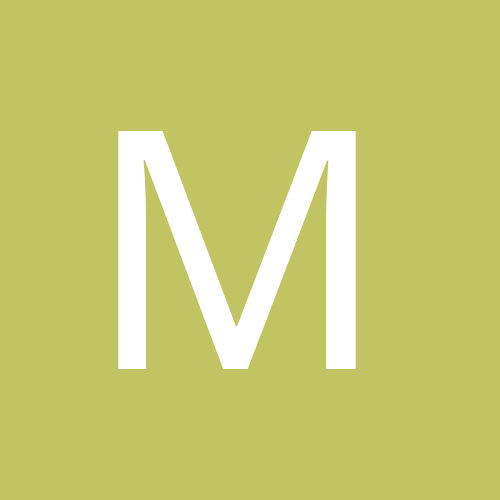Sign in to follow this
Followers
0

Questions on Ancient Chinese
By
matthewmerlin, in Miscellaneous Daoist Texts & Daoist Biographies

By
matthewmerlin, in Miscellaneous Daoist Texts & Daoist Biographies